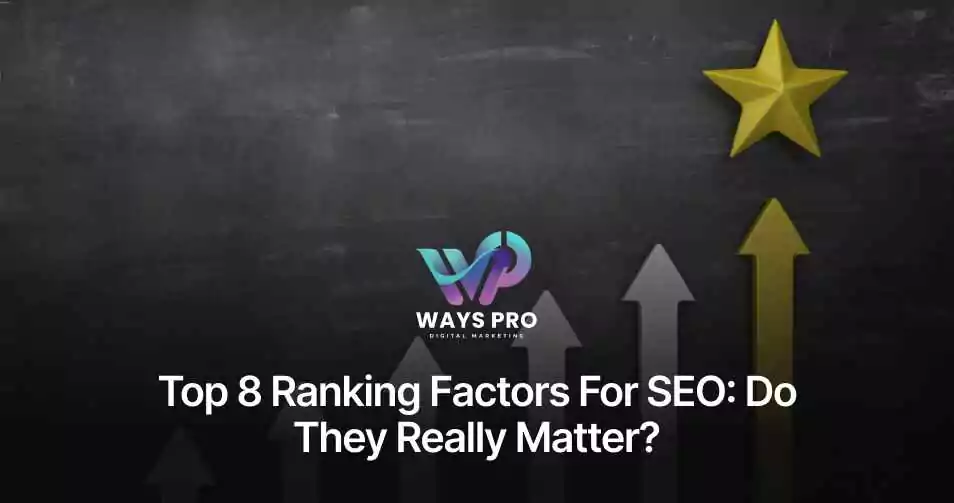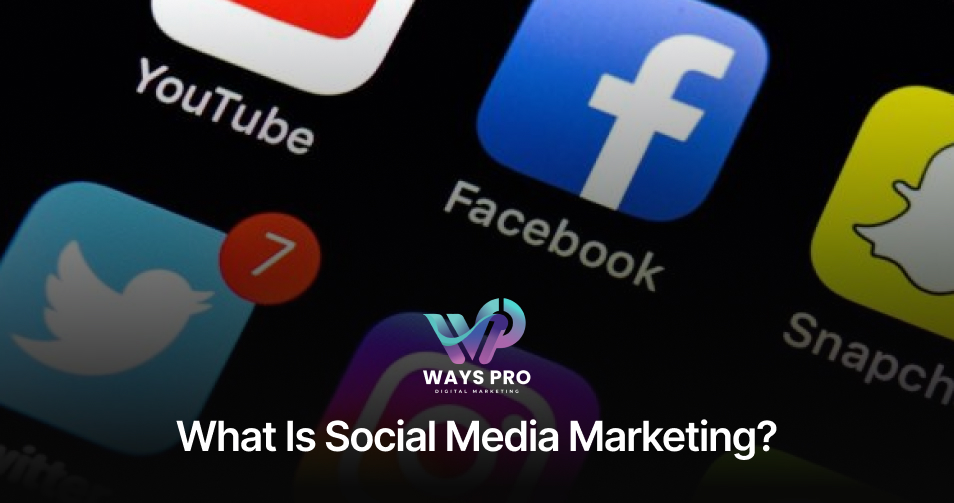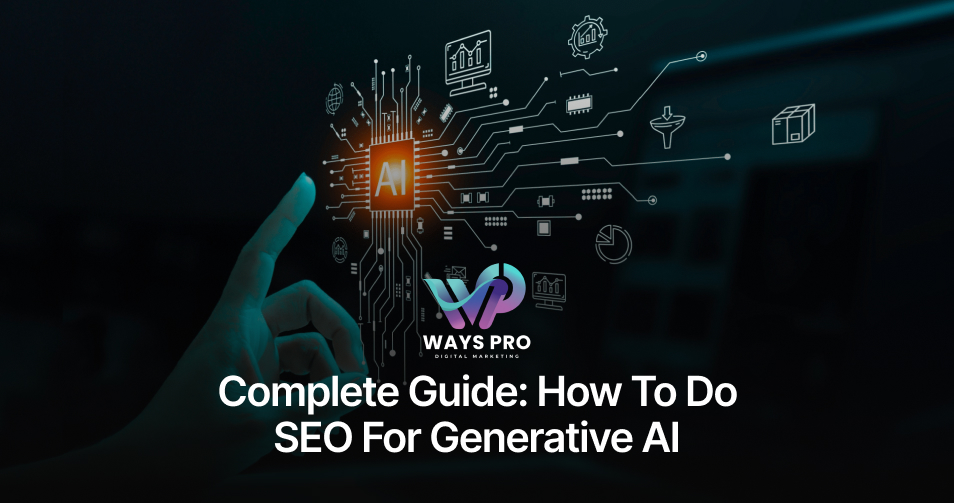Google uses over 200 ranking factors for SEO, with key ones including mobile-friendliness, page speed, content quality, on-page optimization, security, off-page SEO, user experience (via RankBrain), and technical SEO. Mobile-first indexing, Core Web Vitals, and RankBrain have become increasingly critical for success. While ranking takes time, optimizing these factors can improve visibility on search engines. Staying updated with SEO trends is vital for long-term success in the evolving digital landscape.
What is the first place people turn to for information, ideas, products, or services? They don’t head into town or ask family and friends anymore. Instead, they go to Google, which is the most widely used search engine in the world. With over 8 .5 billion searches happening daily, it easily surpasses other search engines.
You may know that Google’s algorithm employs more than 200 ranking factors, but what exactly are they? And with so many articles purporting to be ranking factors, it can be challenging to differentiate between fact and fiction. Currently, most users don’t even scroll past the first page of the result.
Because of this, SEO, or search engine optimization, is a multi-billion dollar industry.
Ranking factors of SEO are the backbone of any successful digital marketing strategy. These factors determine how well your website ranks on search engine result pages (SERPs) and ultimately, how much traffic you receive. But with so many ranking factors out there, it can be overwhelming to know which ones are the most important. That’s why we’ve narrowed it down to the top 8 ranking factors for SEO that you need to pay attention to.
1- Mobile Friendliness
How important is it that your website is mobile-friendly?
According to John Mueller, a Webmaster Trends Analyst at Google, “Mobile friendliness is critical for SEO because it impacts user experience. If your website is not mobile-friendly, users are more likely to abandon it, which can lead to a higher bounce rate and lower rankings.”
Mobile-friendliness has been a ranking factor since 2015, and it’s not going away anytime soon. With the increasing use of mobile devices for browsing the internet, Google has made it a priority to ensure that websites are optimized for mobile users.
The fact that all websites are subject to mobile-first indexing should come as no surprise given the 3.7 billion mobile internet users worldwide. This indicates that when crawling websites, Google prioritizes indexing for mobile devices.
This means that when examining a page, Google will primarily use the mobile version of the website. Therefore, it’s crucial to make sure that your website is mobile-friendly for the best Google rankings.

2- Page Speed/ Page Experience
Page speed and page experience have become crucial ranking factors in recent years. Google has made it clear that it prioritizes websites that load quickly and provide a seamless user experience. In 2021, Google introduced Core Web Vitals as a ranking factor, which includes metrics such as;

2.2 – FCP (Contentful Paint)
First Contentful Paint (FCP) tracks how long it takes from the moment a user lands on a webpage until any visible part of the page, such as text, images including background images), <svg> elements, or non-white <canvas> elements., icons, or graphics, first appears on the screen. This helps measure how quickly the site starts to load for users
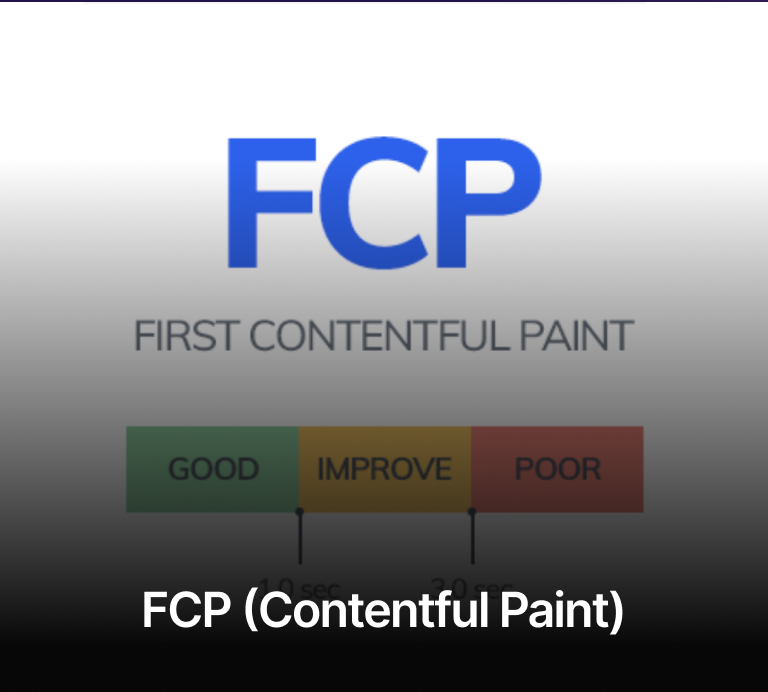
2.1 – LCP (Largest Contentful Paint)
Google expects that it will take your website 2.5 seconds to fully load the first page. This lowers the number of click-away users and affects SEO for Google rankings.

By reducing the number of complex elements on your website, shortening pages, limiting redirects, and fixing any broken external or video links, you can increase the speed at which pages load in general.
2.3 – CLS (Cumulative Layout Shift)
Google expects that once your site loads, it will remain static. This element contributes to the overall page experience, which is crucial for SEO ranking on Google.
If you want to be successful and perform well in the SERPs, it’s critical to design a user experience that works well with your SEO. But what factors go into a positive user experience?
The following core components have an impact on your page’s experience-based Google ranking:
- Well-organized website
- Content that is simple to read
- No intrusive advertisements
- Responsive design
- Interesting and helpful content
- A website that is user-centered.
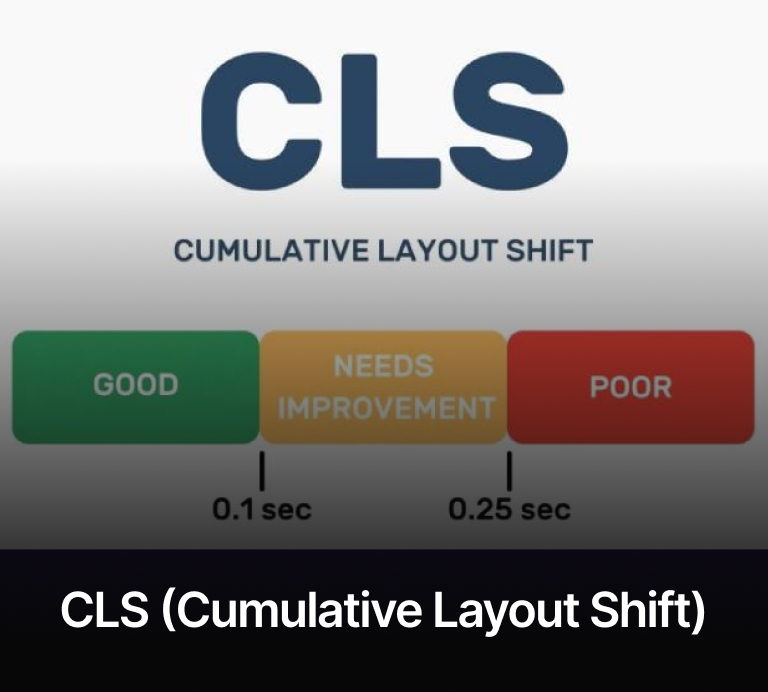
3- Value-Packed Content
Content has been and will always be king in the world of SEO. Google rewards websites that provide valuable, informative, and engaging content to their users. According to a study by Backlinko, the average word count of a first-page Google result is 1,447 words.
As Brian Dean, the founder of Backlinko, puts it, “Creating valuable content is not just about getting rankings. It’s about building trust and credibility with your audience. If you provide value, people will come back to your website and even share your content, which can lead to more backlinks and ultimately higher rankings.”
No matter how well-optimized your website is, you can’t expect high rankings if your content isn’t valuable. To increase readability, pay attention to your content’s freshness, relevancy, keyword strategy, length, structure, and organization.

4- On-Page Optimization
Another important SEO ranking factor is on-page optimization, which includes optimizing your website’s structure, internal linking, and content. This means that your website should be easy to navigate, have a clear structure, and be optimized for both desktop and mobile devices.
On-page optimization includes elements such as keyword usage, internal linking, and image optimization. These elements help search engines understand the content of a page and its relevance to a particular search query.
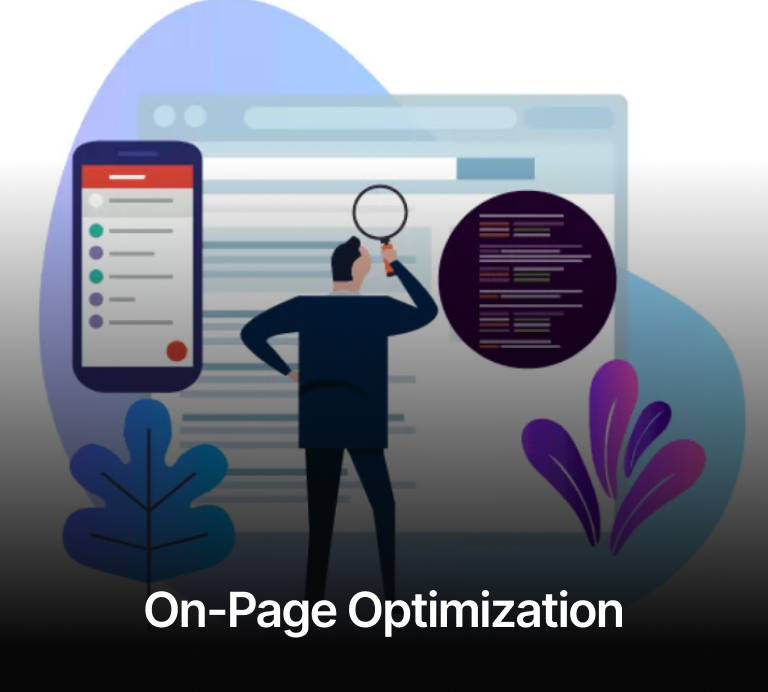
4.1 – Why is on-page SEO so crucial?
Search engines consider keywords and other on-page SEO elements to decide whether a page matches a user’s search intent. And Google shows the user the page if it is highly relevant and useful.
Thus, when deciding how to rank pages, Google considers on-page SEO signals.
5- Website Security
Website security is another important ranking factor for SEO. Google has also stated that website security is a top priority, and websites that use HTTPS (secure HTTP) are given a ranking boost.
It is crucial to prioritize website security, specifically by implementing the HTTPS protocol to ensure the encryption of data between users and your website at all times, thus preventing the theft of personal information. Acquiring SSL certification for your website – Secure Sockets Layer, which is important and standard security tech. that establishes an encrypted link between the client and the server – is an effective way to achieve this. Once obtained, visitors will see a padlock symbol in the address bar, which increases their trust in your website.
Additionally, it is advisable to ensure that external links direct users to secure sites, as Google crawls your links and avoids potentially unsafe sites. Hence, Website security plays a significant role in user experience, and therefore, it is a crucial ranking factor. Furthermore, websites that are hacked or contain malware can be penalized by search engines and removed from search results altogether.

6- Off-page SEO
A comprehensive SEO strategy must include off-page SEO. It refers to the actions taken outside of your website to improve your site’s authority and ranking on search engine results pages (SERPs).
The two primary factors that influence off-page SEO are links and mentions on other websites. Links act as an endorsement of your content and can significantly impact your site’s authority and relevance, while mentions help to build brand awareness and can lead to increased traffic and engagement on your site.
To improve your off-page SEO, it’s essential to focus on building high-quality links from reputable sources. This involves creating valuable content that people want to link to and reaching out to other websites to request links. Additionally, it’s important to monitor and manage your online reputation, as negative mentions of your brand or site can harm your off-page SEO.
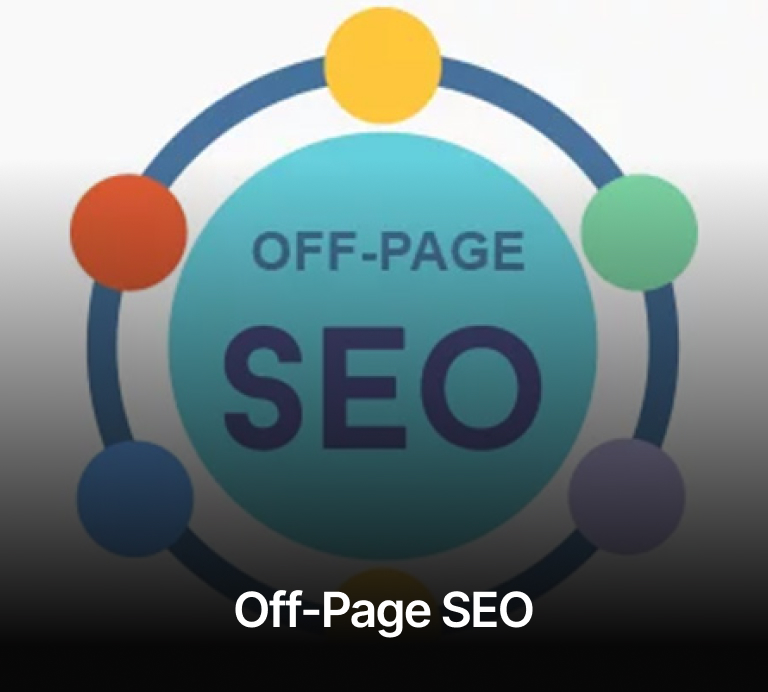
7- User Experience (RankBrain)
RankBrain is Google’s machine learning algorithm that helps it understand search queries and provide more relevant results. It considers factors such as click-through rates, bounce rates, and dwell time to determine the user experience of a website.
In a nutshell, RankBrain is a machine learning platform that enables Google’s search algorithm to bring back more relevant results. This is supposed to be achieved by having a better understanding of ambiguous queries and long-tail keywords.
Google will assume that your site is irrelevant to users’ needs if they visit it, don’t like it, and leave. If enough people engage in this, it might become more challenging for your website to appear higher in search results.
According to Larry Kim, the founder of MobileMonkey, “RankBrain is the future of SEO. It’s not just about keywords and links anymore; it’s about providing the best possible user experience. Websites with a strong focus on user experience will rank higher.”

8- Technical SEO
The performance of a website on Google can be greatly impacted by technical SEO.
No matter how valuable your content is, if pages on your site are inaccessible to search engines, they won’t show up or rank in search results. As a result, your website receives less traffic, which decreases the potential revenue for your company.
Technical SEO includes activities like:
- Using keywords in title tags and page titles
- Header tags with optimized keywords
- 110 to 150 characters should be used for a properly optimized meta description.
- Tags and alt text that contain keywords
- Proper use of schema markup

Final verdict
The top 8 ranking factors for SEO discussed in this blog post are still important in 2024. While some factors may have more weight than others, it’s important to prioritize all of them to achieve the best possible results. As the digital landscape continues to evolve, staying up-to-date with the latest trends and best practices is important to stay ahead of the competition.
The most crucial thing to remember is that it takes time to move up the search results pages. Even if you optimize your website today for several ranking factors, it won’t suddenly jump to the top of the search engine results tomorrow. It might take some time, but Google is a gentle and truthful leader who rewards those who put in the effort.
What factors do you believe will be most important for Google ranking SEO in the next five to ten years? Feel free to share your thoughts in the comment section

